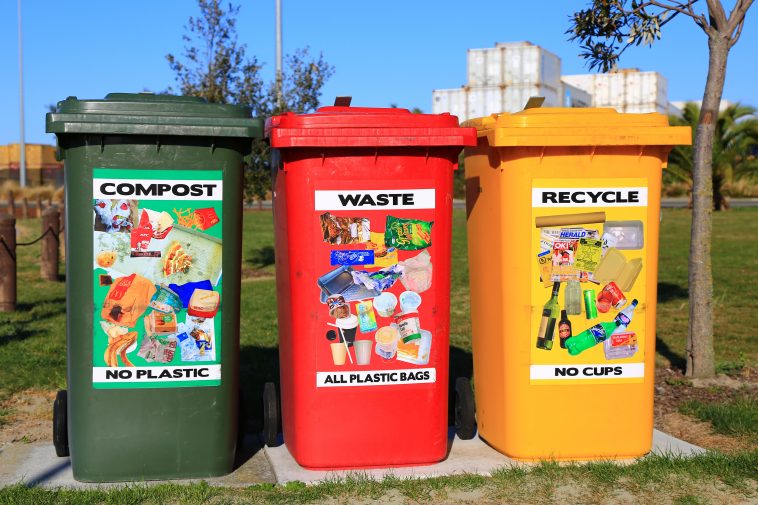Germany has unveiled a novel platform to digitally gather and handle waste in Lagos, marking a transformative approach to the city’s waste challenges.
In response to the escalating issues of urban growth and waste handling in Lagos, Germany has launched the innovative Circulary digital platform. This platform is designed to digitally gather, oversee, and process regional waste.
Endorsed by the German Federal Ministry for the Environment, Nature Conservation, Nuclear Safety, and Consumer Protection (BMUV) along with the Chambers for GreenTech (DIHK Service GmbH), Circulary is set to bring about a paradigm shift in Lagos’s waste management. It also aims to bolster cooperation between Nigerian and German enterprises.
The platform’s primary objective is to establish a circular economy, promoting sustainable growth in the waste value chain. This digital marketplace is poised to redefine Lagos’s waste management approach.
Timo Pleyer, theDelegate of German Industry and Commerce in Nigeria, shed light on Lagos’s myriad challenges, such as population density, limited infrastructure, transport issues, energy accessibility, water provision, and waste handling.
Despite Lagos producing millions of tonnes of domestic waste annually, only about 30% is efficiently gathered and treated. Acknowledging the gravity of this situation, Pleyer and his team comprehensively evaluated Lagos’s waste sector. This evaluation laid the groundwork for the Circulary digital marketplace, an avant-garde platform aimed at integrating and optimizing the entire regional waste value chain.
Circulary boasts unique features like a recyclable materials marketplace reminiscent of eBay, informational hubs, and matchmaking algorithms. These attributes are designed to foster a local open market for recyclable goods and recyclates spanning diverse waste types.
Furthermore, the platform seeks to encourage business collaborations, provide access to German-made technologies and goods, present market penetration and growth opportunities in Nigeria and Germany, and offer credible information to stimulate sector investments.
Diving Deeper into the Waste Management Platform
Despite government and private entities’ concerted efforts, efficient waste management still needs to be discovered in Lagos. Heaps of decaying waste often mar the city’s landscape. However, with this technological introduction, Germany aspires to enhance waste management practices in the region.
Weert Borner, the Consul General of the Federal Republic of Germany in Lagos, reiterated Germany’s dedication to championing sustainable and eco-friendly business methodologies in collaboration with Nigeria.
As a testament to this collaboration, the digital circular economy marketplace is being rolled out in Nigeria, commencing with Lagos State, one of the continent’s economic powerhouses. This venture signifies a pivotal move towards making Lagos’s businesses more eco-conscious.
Dr. Adedolapo Fasawe, the head of the Lagos State Environmental Protection Agency (LASEPA), expressed her enthusiasm about Lagos’s thriving economy and dynamic ecosystem, which present lucrative opportunities for sustainable waste management solutions. She emphasized the growing momentum of the circular economy in Nigeria as the government embarks on initiatives to champion sustainable growth and open up market prospects.
The circular economy’s foundational principle revolves around waste reduction and resource value maximization through recycling, reusing, and regenerating. This strategy resonates with job creation and a shift towards renewable energy, paving the way for a greener future for both Lagos and Nigeria.
Olugbenga Adebola, the chief representative of the Association of Waste Managers of Nigeria (AWAMN), commended the Circulary platform for its potential to amplify visibility and foster more streamlined and effective waste collection. Given the platform’s capabilities, waste segregation can become a tangible reality, further strengthening waste management’s ecological and sustainability impact in Lagos.
 We just launched our WhatsApp channel. Want to get the latest news from the Tech in Africa?
We just launched our WhatsApp channel. Want to get the latest news from the Tech in Africa?


